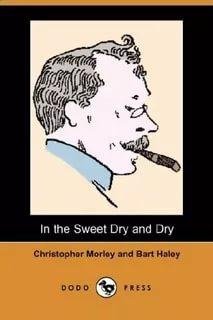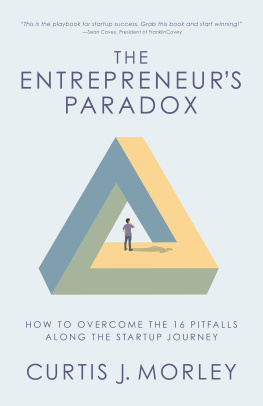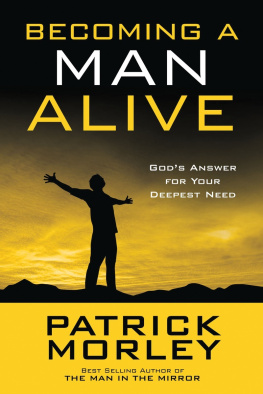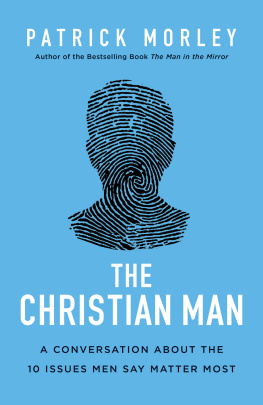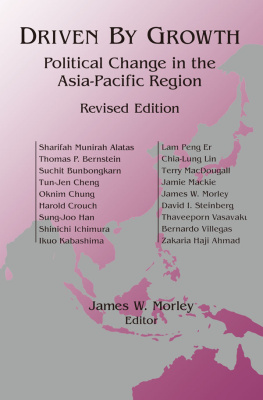PRACTISING CRITICAL REFLECTION TO DEVELOP EMANCIPATORY CHANGE
This book is dedicated to victims/survivors of sexual assault, particularly
those inspirational women who have had the courage to report their
experience to the legal system.
This book is also dedicated to those audacious, activist women who work
towards the elimination of sexual violence in all its forms and support
victims/survivors, particularly those who participated in this research.
Practising Critical Reflection to Develop Emancipatory Change
Challenging the Legal Response to Sexual Assault
CHRISTINE MORLEY
University of the Sunshine Coast, Australia
First published 2014 by Ashgate Publishing
Published 2016 by Routledge
2 Park Square, Milton Park, Abingdon, Oxon OX14 4RN
711 Third Avenue, New York, NY 10017, USA
Routledge is an imprint of the Taylor & Francis Group, an informa business
Copyright 2014 Christine Morley
Christine Morley has asserted her right under the Copyright, Designs and Patents Act, 1988, to be identified as the author of this work.
All rights reserved. No part of this book may be reprinted or reproduced or utilised in any form or by any electronic, mechanical, or other means, now known or hereafter invented, including photocopying and recording, or in any information storage or retrieval system, without permission in writing from the publishers.
Notice:
Product or corporate names may be trademarks or registered trademarks, and are used only for identification and explanation without intent to infringe.
British Library Cataloguing in Publication Data
A catalogue record for this book is available from the British Library
The Library of Congress has cataloged the printed edition as follows:
Morley, Christine.
Practicing critical reflection to develop emancipatory change : challenging the legal response to sexual assault / By Christine Morley.
p. cm.
Includes bibliographical references and index.
ISBN 978-1-4094-6258-3 (hardback) 1. Rape--Australia. 2. Rape victims--Legal status, laws, etc.--Australia. 3. Law reform--Australia. I. Title.
KU4202.M67 2014
345.9405046--dc23
2013039237
ISBN 9781409462583 (hbk)
ISBN 9781315601953 (ebk)
Foreword
Critical reflection is a mindset and a skill that is seen as increasingly necessary in the current economic climate. It involves an ability to uncover the fundamental assumptions on which actions are based, and to examine and change these to improve practice if necessary. In the current climate, professionals are challenged to work more effectively and efficiently with reduced resources, and also to be more accountable for their decisions and actions. This is especially difficult given the restrictions on discretion which many professionals experience in the workplace. There is therefore a high degree of interest, from nearly all professions, in how critical reflection can support and empower practitioners to improve their practice. This is particularly needed when the situations and problems with which professionals deal seem increasingly complex and in fact are less able to be controlled or the outcomes of actions predicted. What happens to the practitioners sense of integrity and of agency, when confronted with what seems to be an increasingly disempowering work environment? Critical reflection is sometimes believed to be a way of helping professionals not only to learn directly from their own practice, but it can also be a way of helping them engage better with the specific challenges of their own work (Pockett and Giles 2008).
Unfortunately it is difficult to pin down exactly what people mean when they speak about critical reflection, and it is even more difficult to pin down what they actually do. There are many different perspectives on critical reflection, and indeed many different ways of practising it. Whilst having numerous perspectives is healthy, this also means that practitioners can be confused about what critical reflection actually is, and how they can incorporate it meaningfully into their specific jobs and workplaces. This book is an exceptionally welcome contribution to both the theory and practice of critical reflection. It should go a long way towards clarifying in depth how critical reflection can be understood and practised. Not only does Christine Morley develop a clear and strong theoretical base for critical reflection (postmodern feminism). She also describes, and researches, in detail, how it can be used to change practitioners thinking and practices in work with the legal system.
Working in the sexual assault field and trying to ensure that the legal system responds effectively and sensitively to victim experiences can be especially challenging to workers. Many professionals, in particular female social workers, may feel that the legal system is relatively intractable, and may feel largely disempowered in such a male-dominated field. As Christine ably points out, the attitudes toward sexual assault by many judges, present a huge social barrier towards understanding of female victims experiences and female workers perspectives. This choice of field is therefore an excellent one to illustrate the possibilities for emancipatory change. I was struck and heartened by the deep changes in thinking experienced by the participants, most precisely because it was related to work in the legal system. From this point of view as well, this book provides valuable data on the possible benefits of critical reflection. Again, although much literature attests to perceived benefits, there have been very few studies which provide more concrete evidence of how it can be used by practitioners and indeed what changes come about (Fook and Gardner 2007).
I worked closely with Christine on the initial design of the study, which began some years ago now. At this time there was very little work done on the use of critical reflection as a research methodology itself. Some literature spoke about incorporating a critical reflection stage into action research design (Reason and Bradbury 2001) but this was not the same as using a critical reflection process itself for gathering data. This book therefore is also innovative in its development and use of a critical reflection process as a research method that at the same time brings about emancipatory change for the participants involved in the study.
I therefore heartily commend this book to all of you: practitioners who wish to become more critically reflective and improve their practice; educators of professionals who wish to teach concrete ways of being reflective; and researchers who are interested in ways of researching which incorporate the experience of the practitioner and can bring about transformative change.
Jan Fook
June 2013
Preface and Acknowledgements
All told, this book has probably been close to two decades in the making; not that I knew that when I was undertaking my undergraduate education as a social worker that this book would be the product of the journey I was about to embark on. I was first taught feminism by an inspiring activist called Lee FitzRoy. In many classroom discussions, Lee shared her practice experiences of working with victims/survivors of sexual assault, and it sparked a strong commitment in me to work within and make a contribution to this field.



